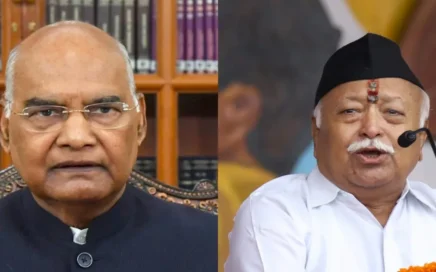India’s relationship with digital gaming has always been a tug-of-war between opportunity and caution. Overnight, fantasy sports apps became household names in Bombay chawls and Delhi cyber cafés alike. Yet headlines about young lives upended by online money games forced policymakers to take notice.
As the dust settles after Parliament’s passage of the Promotion and Regulation of Online Gaming Act, 2025, what lies ahead for an industry that’s expected to grow to ₹77,688 crore (US$9 billion) by 2029?
Navigating the new rulebook
On August 22, 2025, the Act ushered in a blanket ban on all “real-money games,” but only those based on chance. Casual titles, educational apps and e-sports remain exempt, but soon every fantasy-cricket tournament and poker table offering stakes for chance-based games vanished. In its place, a National Online Gaming Commission now holds the power to license platforms, enforce age and identity checks, and even block offshore operators.
Discussions around legal lottery frameworks highlight the importance of regulation, fairness, and public trust. States such as Kerala and Sikkim have run lottery schemes for decades—sometimes glitchy, occasionally controversial—yet they demonstrate that transparent rules and independent auditing can uphold credibility. When ticket draws are delayed or results disputed, confidence dips; the same applies to online platforms where opaque algorithms or sudden shutdowns breed suspicion.
Beyond ban: e-sports and educational gaming
While the ban unnerved many, it also redirected energy toward skill-centered arenas. India’s e-sports viewership is increasing year after year, with prize pools inching toward seven figures in rupees.
Meanwhile, educational games—apps that teach coding through puzzles or Sanskrit via animated stories—rarely garner splashy headlines, yet they now attract a fraction of the investment once destined for real-money skins and loot boxes.
Still, scaling these alternatives isn’t magic. Infrastructure gaps in Tier 2 and Tier 3 towns mean inconsistent broadband speeds. Developers confess that without robust monetisation, edutainment ventures may remain passion projects rather than sustainable businesses.
Courts, commerce and consumer choices
Unsurprisingly, industry bodies have filed petitions challenging the central law’s sweeping scope. They argue that under India’s Constitution, “games of skill” lie within individual state jurisdictions—and that federal overreach may trample fundamental rights to trade and profession. Whether the Supreme Court consolidates these appeals to itself or hands them back to High Courts, legal uncertainty could linger for months more.
Yet investors—once dazzled by projections of a ₹77,688 crore market—are already recalibrating. Several startups have pivoted from real-money formats to ad-supported social games. Others funnel resources into live-streaming infrastructure, betting on the allure of competitive gaming rather than wager-based models.
Toward a balanced horizon
Regulation isn’t inherently stifling. Properly conceived, it can foster innovation rather than crush it. Imagine a tiered license structure: entry-level permits for small developers, premium licenses for global firms, and carve-outs for high-stake tournaments governed by clear financial-cap thresholds. Throw in periodic audits by third-party firms, user-friendly grievance redressal cells and mandatory disclosures of win-loss ratios—and you create a blueprint that both protects users and sustains growth.
As India stands at this crossroads, the fundamental question echoes age-old debates: how do you protect the most vulnerable without throttling ambition? Only time will tell if today’s hard lines give way to a more nuanced approach—or if the industry will simply scatter offshore, beyond the reach of Indian law.
In the long run, regulations drive responsible online gaming. They can turn a Wild West into a playground where rules matter, trust is earned and entrepreneurs compete on skill rather than opacity.
What do you think? Has India struck the right balance, or is it shooting the messenger? Share your thoughts in the comments below.















